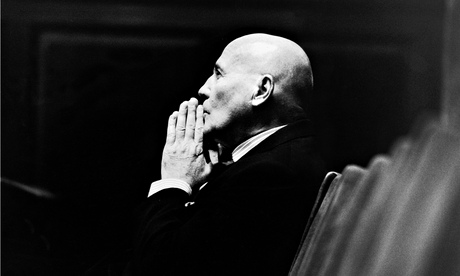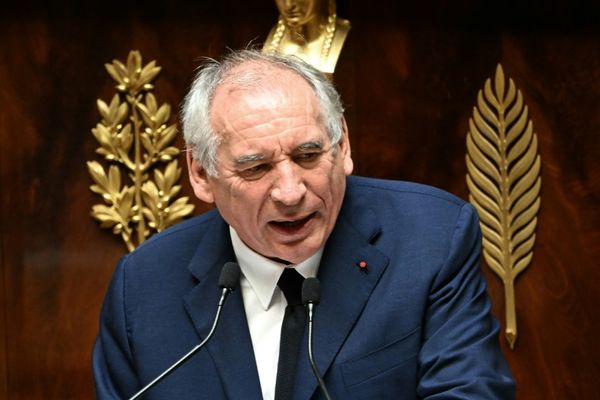
Hans Werner Henze’s First Violin Concerto was one of his earliest published works, composed in 1947 when he was attempting to reconcile the two prevailing musical doctrines of the time, neoclassicism and 12-note technique, with his own lyrical inclinations. By the time he produced its successor, in 1971, his music had undergone several radical shifts of emphasis, and the Second Violin Concerto is one of the products of the period when he was exploring the boundaries of concert music and theatre, regularly adding extra-musical layers to his scores (often, though not always, politically engaged ones) and composing in a deliberately expressionist style.
In the concerto there are several of those extra layers. Not only does the soloist arrive on stage for the performance dressed like the semi-fictional 18th-century teller of tall tales Baron Munchausen, and acts out a scena with the orchestra, but also he delivers a theorem by the mathematician and philosopher Kurt Gödel while playing the cadenza that follows the opening orchestral presentation. Later in the work, an on-stage narrator interjects with lines from Hans Magnus Enzensberger’s poem Hommage à Gödel, while a pre-recorded tape (clarified in this performance) enriches the textures further.
It’s a rich, indulgent mix, typical of Henze’s music of this period, and not everything hangs together. But that isn’t the point. In his music of the late 1960s and early 70s Henze was always trying out ideas, testing himself and what he could express through his music, and pushing the limits of what his audience would accept. Those experiments weren’t always successful, but they were always interesting, and the Second Violin Concerto seems to me one of the semi-successes. Henze conducted a recording of it for Decca, but this version, never available commercially before, comes from a BBC tape of a concert he conducted at the Barbican in London in 1991, with Peter Sheppard Skærved as the soloist and Omar Ebrahim as the speaker. It’s more reflective, less confrontational perhaps than the studio performance, and Sheppard Skærved pairs it with another piece for violin and orchestra, which was composed just six years later yet is utterly different in attitude and approach. Il Vitaliano Raddoppiato takes Vitali’s famous chaconne as the starting point for a half-hour journey in which the baroque and the late 20th-century at first co-exist and later collide and merge. Sometimes acerbic, sometimes achingly beautiful, in many ways it’s the epitome of so much of Henze’s music.







